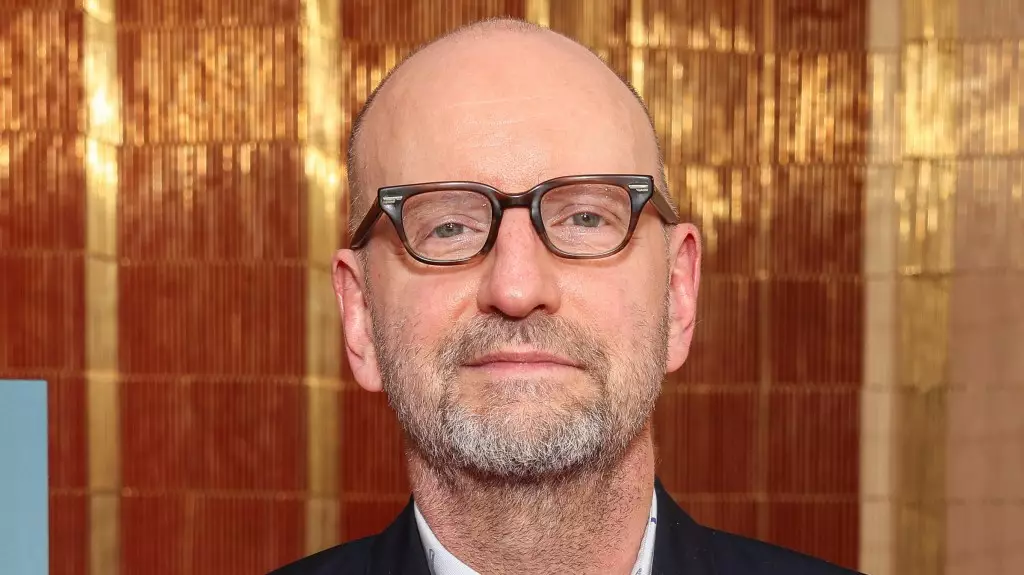Renowned director Steven Soderbergh recently expressed profound disappointment regarding his latest venture, *Black Bag*. This sentiment reflects a broader crisis in the film industry—a crisis that seems to signal the death knell for intelligent, mid-budget cinema. In his discussion with *The Independent*, Soderbergh articulated a feeling of disillusionment over the rift between critical acclaim and box office performance. Despite *Black Bag* receiving favorable reviews, the lack of audience turnout has become a haunting reality, one that threatens to obscure the vitality of meaningful storytelling in cinema.
Soderbergh’s discontent speaks to a lamentable trend in modern filmmaking. Filmmakers face a difficult landscape dominated by blockbuster spectacles, behemoth franchises, and streaming giants that prioritize quantity over quality. Soderbergh’s concern for the future of films like *Black Bag*—those characterized by nuanced storytelling and complex characters—is palpable. He articulated an alarming sentiment: if audiences above the age of 25 are not flocking to theaters for star-driven narratives, what fate awaits aspiring filmmakers who seek to create similar works? The sense of impending doom he conveys is impossible to ignore, especially for those who remember a time when thoughtful movies were embraced rather than overlooked.
Fading Interest in Cinematic Quality
The fact that *Black Bag* is projected to merely break even is testament to a more significant crisis—one that threatens to eliminate the space for stories that require adult deliberation and emotional engagement. Soderbergh pointed out a stark reality where studios scramble to decipher the implications of a film’s underperformance despite the praise it garners. “What does this mean when you can’t get a movie like this to perform?” is a question that reverberates beyond *Black Bag* and into the fabric of Hollywood itself. This suggests a systematic neglect of middle-budget films that offer introspection and social commentary.
Moreover, the industry’s crushing weight demands an examination of the cultural zeitgeist. Films like *Traffic* or *Erin Brockovich*—masterpieces that engaged deeply with contemporary issues—would likely struggle to secure funding or reach audiences in today’s cinematic landscape. Soderbergh’s assertions about the current climate indicate a growing disconnect between creative aspirations and market viability. The prevailing willingness to gamble only on sure-fire hits leaves little room for diversity in filmmaking.
A Dire Call for Rejuvenation
Filmmakers must unite to challenge a system increasingly characterized by homogenization. While Soderbergh remarked positively on the potential profitability of *Black Bag*, it is evident that financial success cannot be the sole metric for valuing artistry. There needs to be an ongoing dialogue about how to cultivate an audience that appreciates the subtleties of mature films. It is imperative for society to acknowledge the value of storytelling that resonates not only on a surface level but also challenges and uplifts the human experience.
In a world inundated with quick fixes and transient entertainment, Soderbergh’s plight unveils a compelling case for the necessity of preserving the integrity of cinema. As the industry grapples with its identity, a commitment to fostering diverse narratives is not just appropriate—it is crucial. Otherwise, we risk losing a cultural touchstone that provokes thought and engages the heart. The film industry stands at a crossroads; the future lies in our ability to redefine what we consider successful storytelling while cherishing the art of cinema itself.


Leave a Reply